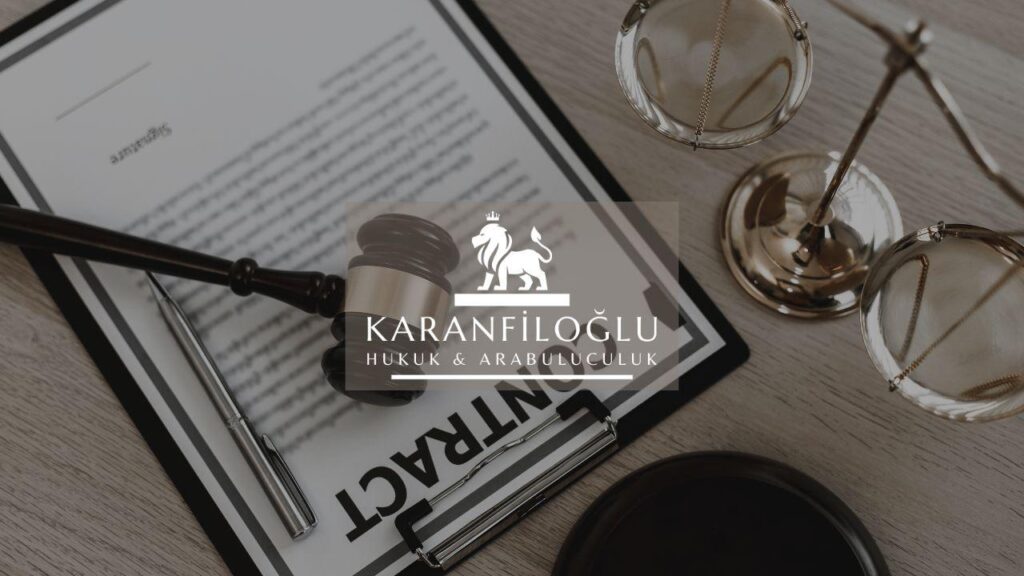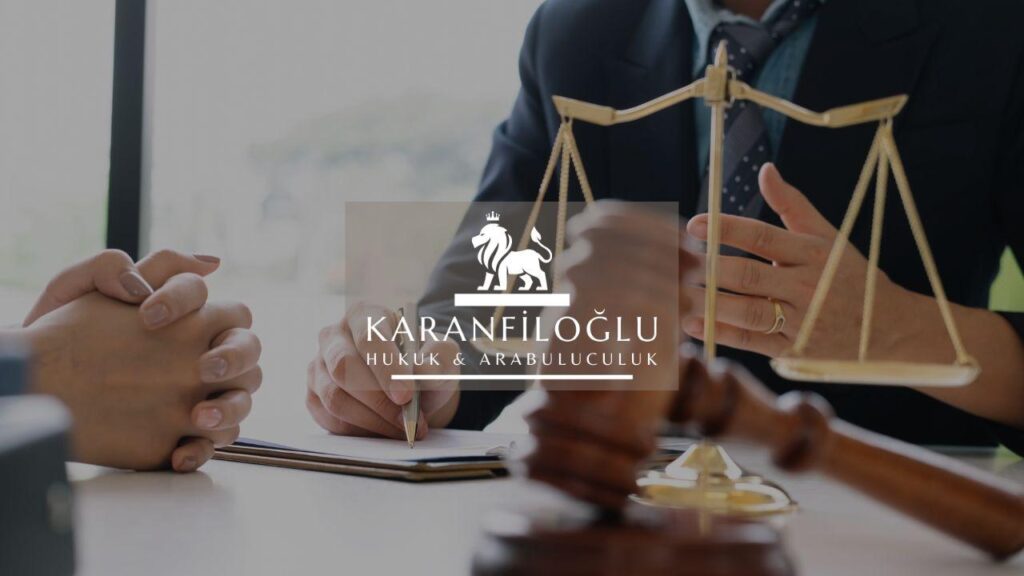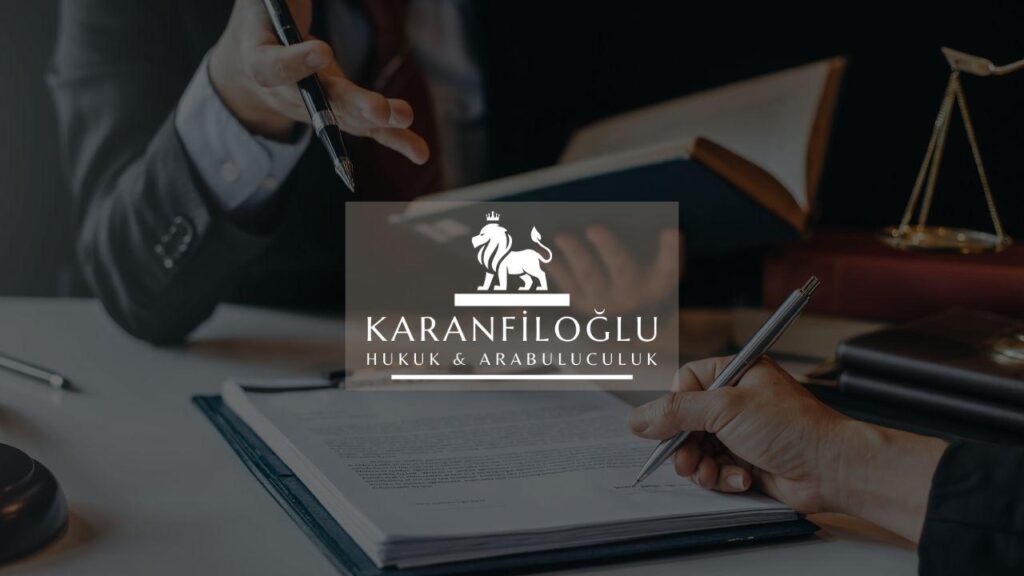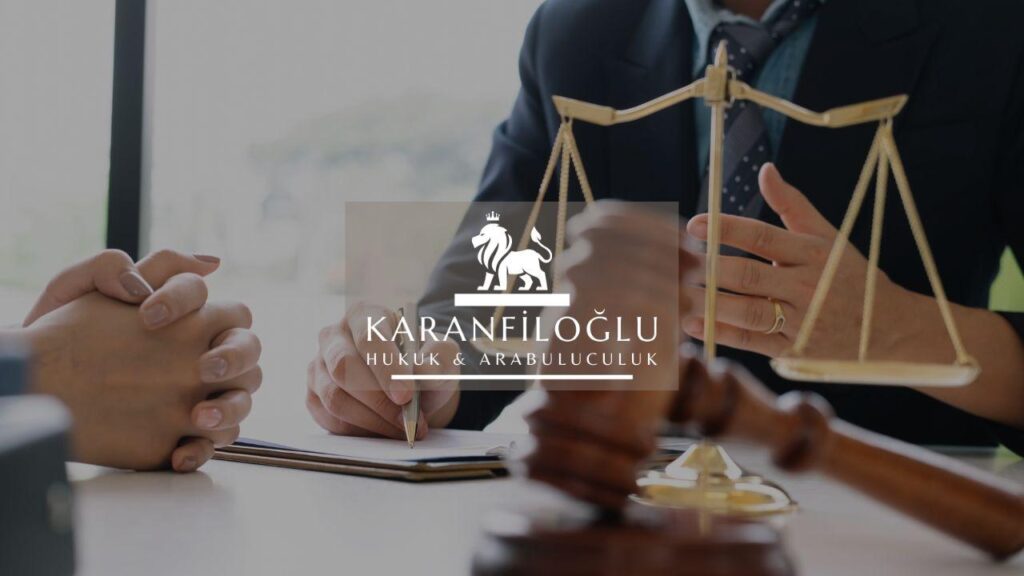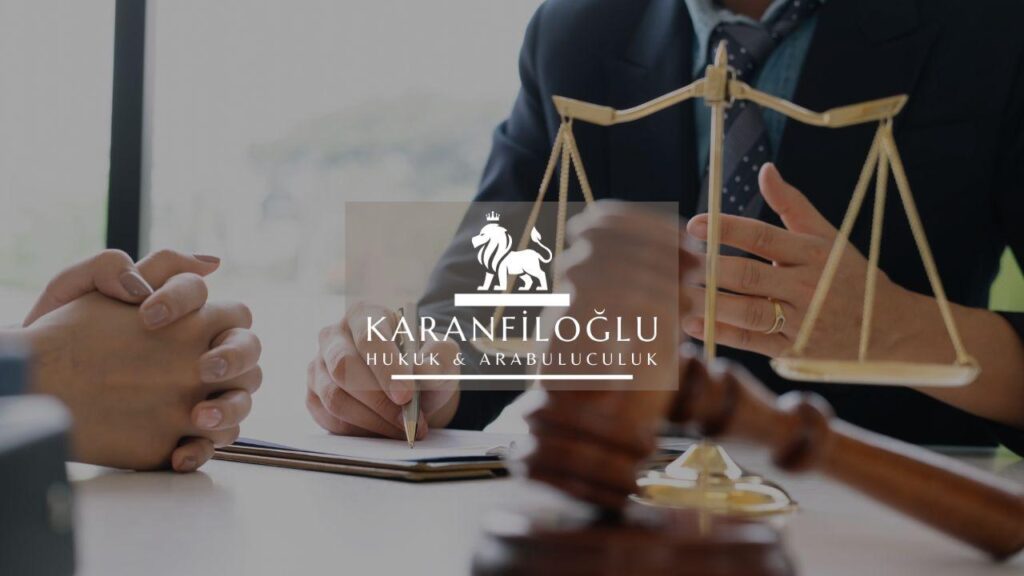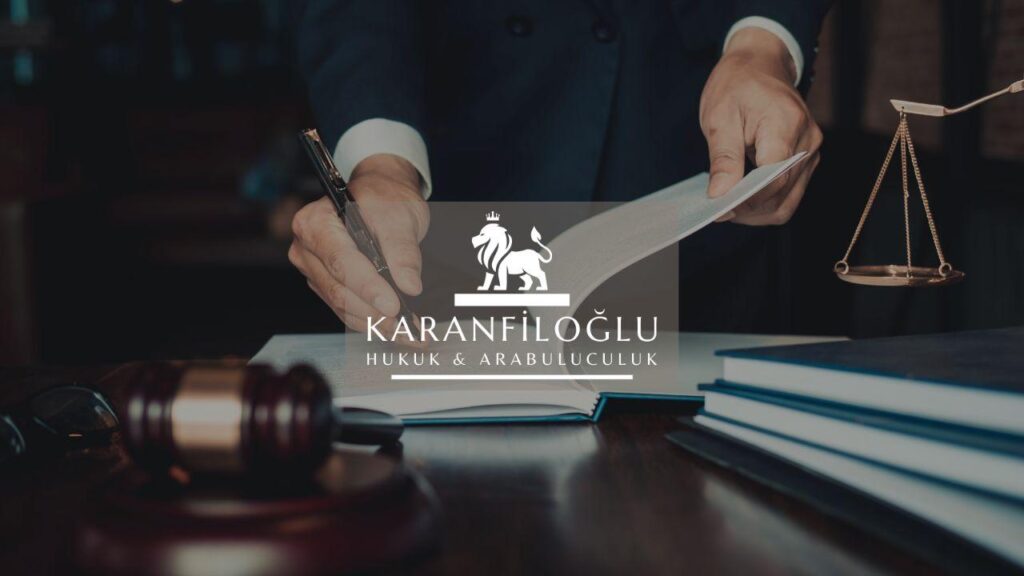Workplace discrimination is a critical issue in Turkey, governed primarily by the Turkish Labor Law (Law No. 4857) and the Turkish Constitution. Article 10 of the Constitution ensures equality before the law, prohibiting discrimination on the grounds of language, race, color, sex, political opinion, philosophical belief, religion, sect, or similar reasons. Additionally, Article 5 of the Turkish Labor Law explicitly forbids discrimination in employment and working conditions. Employees facing workplace discrimination can seek legal recourse through various mechanisms, including filing a complaint with the Labor Inspection Board or initiating a lawsuit in labor courts. The Turkish Civil Code and the Law on Human Rights and Equality Institution of Turkey also provide substantial protections and remedies against discriminatory practices. At Karanfiloglu Law Office, we specialize in guiding clients through the complexities of workplace discrimination cases, ensuring their rights are protected and justice is served.
Understanding Your Legal Protections Against Workplace Discrimination in Turkey
Understanding your legal protections against workplace discrimination in Turkey is crucial for safeguarding your rights. Article 5 of the Turkish Labor Law (Law No. 4857) explicitly forbids discriminatory treatment in employment, whether based on language, race, sex, political view, religion, or similar reasons. This provision mandates equal treatment of employees, stipulating that any breach may lead to compensation and reinstatement rights. Additionally, Law No. 6701, the Law on Human Rights and Equality Institution of Turkey, further enforces this by providing a platform where victims can file complaints. This institution plays a pivotal role in investigating discrimination claims and ensuring compliance with anti-discrimination regulations. By leveraging these legal protections, employees can seek redress for injustices experienced in the workplace, ensuring that their work environment is free from prejudice and bias.
In addition to the Turkish Labor Law, the Turkish Constitution, specifically Article 10, reinforces the principle of equality before the law, providing a robust legal framework to combat workplace discrimination. Employers are under a legal obligation to adhere to these anti-discrimination laws, and failure to do so can result in significant legal consequences. Employees who experience discrimination have the right to file a formal complaint with the Labor Inspection Board, which is authorized to conduct thorough investigations into such allegations. Moreover, Article 24 of the Turkish Labor Law allows employees to terminate their employment contracts without notice if they face discriminatory treatment, entitling them to severance pay. At Karanfiloglu Law Office, we recognize the complexities involved in these legal processes and provide comprehensive support to our clients to ensure that their cases are handled effectively and efficiently.
Navigating through the legal avenues for addressing workplace discrimination in Turkey can be intricate, but understanding the steps can significantly impact the outcome of a case. Beyond filing complaints with the Labor Inspection Board, employees can also seek remedies through labor courts under Article 20 of the Turkish Labor Law, which empowers courts to rule on disputes related to employment discrimination. Additionally, the Turkish Civil Code, under various provisions, offers remedies for claims related to emotional distress and moral damages stemming from discriminatory practices. For non-compliance and breaches of anti-discrimination laws, employers may face administrative fines as set out in Article 99 of the Labor Law. At Karanfiloglu Law Office, we are dedicated to providing expert legal assistance tailored to your unique situation. We ensure that your case is thoroughly prepared and presented, maximizing the likelihood of a successful resolution and the restoration of a fair workplace environment.
Steps to Take When Facing Workplace Discrimination: A Guide for Employees
When facing workplace discrimination, the first crucial step for any employee is to document the discriminatory acts meticulously. This includes keeping a detailed record of incidents, noting the date, time, location, and persons involved, as well as any witnesses who may support your claims. Article 74 of the Turkish Labor Law emphasizes the importance of documented evidence in establishing a case. Employees should also gather any related correspondence, such as emails or messages, that could substantiate their experiences. Additionally, it is advisable to keep copies of performance reviews or any formal complaints already made to the employer. Having comprehensive records will be instrumental when presenting your case to legal authorities, ensuring that you have substantial proof to back your claims of discrimination.
Once evidence is meticulously gathered, the next step is to report the discrimination internally according to your company’s grievance procedures. Employees should first direct their concerns to their immediate supervisor or the Human Resources (HR) department, providing them with the documented evidence. Under Article 18 of the Turkish Labor Act, employers are required to respond to such complaints promptly and take necessary action to investigate and address the issues raised. If the internal mechanisms fail to resolve the matter, or if the employee fears retaliation, they can escalate the situation by filing a formal complaint with the Labor Inspection Board, as outlined in Article 92 of the Turkish Labor Law. The Board is mandated to investigate allegations of workplace discrimination thoroughly and can impose sanctions on the employer if violations are confirmed.
If internal and external complaints do not yield satisfactory results, employees have the right to take legal action by filing a lawsuit in labor courts, as prescribed by Article 20 of the Turkish Labor Law. It is advisable to seek legal counsel from experienced attorneys who specialize in labor law, like those at Karanfiloglu Law Office, to navigate the complexities of such cases. Legal representation can significantly enhance the chances of a favorable outcome by ensuring that all procedural requirements are met and that the employee’s rights are rigorously defended. Additionally, successful claims can result in various remedies, including compensation for damages, reinstatement to the employee’s position, or corrective actions within the company. The presence of legal expertise ensures that the employee’s claims are robustly represented, providing a pathway toward obtaining justice and addressing workplace discrimination effectively.
How a Lawyer Can Help You Combat Workplace Discrimination in Turkey
A lawyer specializing in workplace discrimination can be instrumental in navigating the legal landscape in Turkey. At Karanfiloglu Law Office, our attorneys possess deep knowledge of Turkish Labor Law (Law No. 4857) and other relevant legislation, such as Article 5, which prohibits discriminatory practices in hiring, promotion, and termination. We assist clients in gathering and analyzing crucial evidence, drafting complaint letters, and representing them in both administrative proceedings before the Labor Inspection Board and in lawsuits filed in labor courts. Our expertise ensures the proper application of Article 10 of the Turkish Constitution, which guarantees equality and prohibits discrimination, thus setting a robust foundation for any legal action. With our comprehensive legal support, clients can effectively challenge differential treatment, thereby fostering a fairer and more equitable work environment.
A significant advantage of hiring a lawyer is their ability to provide tailored legal advice specific to your case. At Karanfiloglu Law Office, we begin by conducting a thorough assessment of the discrimination incident, identifying potential violations under various legal frameworks including the Turkish Civil Code and the Law on Human Rights and Equality Institution of Turkey. By meticulously analyzing contracts, employment records, and other relevant documents, we build a compelling argument supported by substantial evidence. Moreover, our expertise extends to negotiating settlements and mediating disputes, aiming to achieve favorable outcomes without resorting to lengthy litigation. We also keep our clients informed on the progress of their case, ensuring transparency and empowering them to make informed decisions. This comprehensive approach not only strengthens the likelihood of success but also helps our clients understand and assert their rights better in the workplace.
Beyond representation and advice, our commitment at Karanfiloglu Law Office includes ensuring long-term resolution and preventing future discrimination. We work closely with our clients to develop and implement effective workplace policies that comply with Turkish Labor Law and international human rights standards. This proactive approach includes training sessions for management and staff to cultivate an inclusive work environment, addressing unconscious biases and fostering a culture of equality. By establishing clear reporting mechanisms and regular audits, we assist companies in identifying and mitigating discriminatory practices early. Ultimately, our goal is not only to remedy current issues but also to build a sustainable, discrimination-free workplace that respects and upholds the rights of all employees, in accordance with both the Turkish Constitution and the Turkish Labor Law.
Disclaimer: This article is for general informational purposes only and you are strongly advised to consult a legal professional to evaluate your personal situation. No liability is accepted that may arise from the use of the information in this article.

